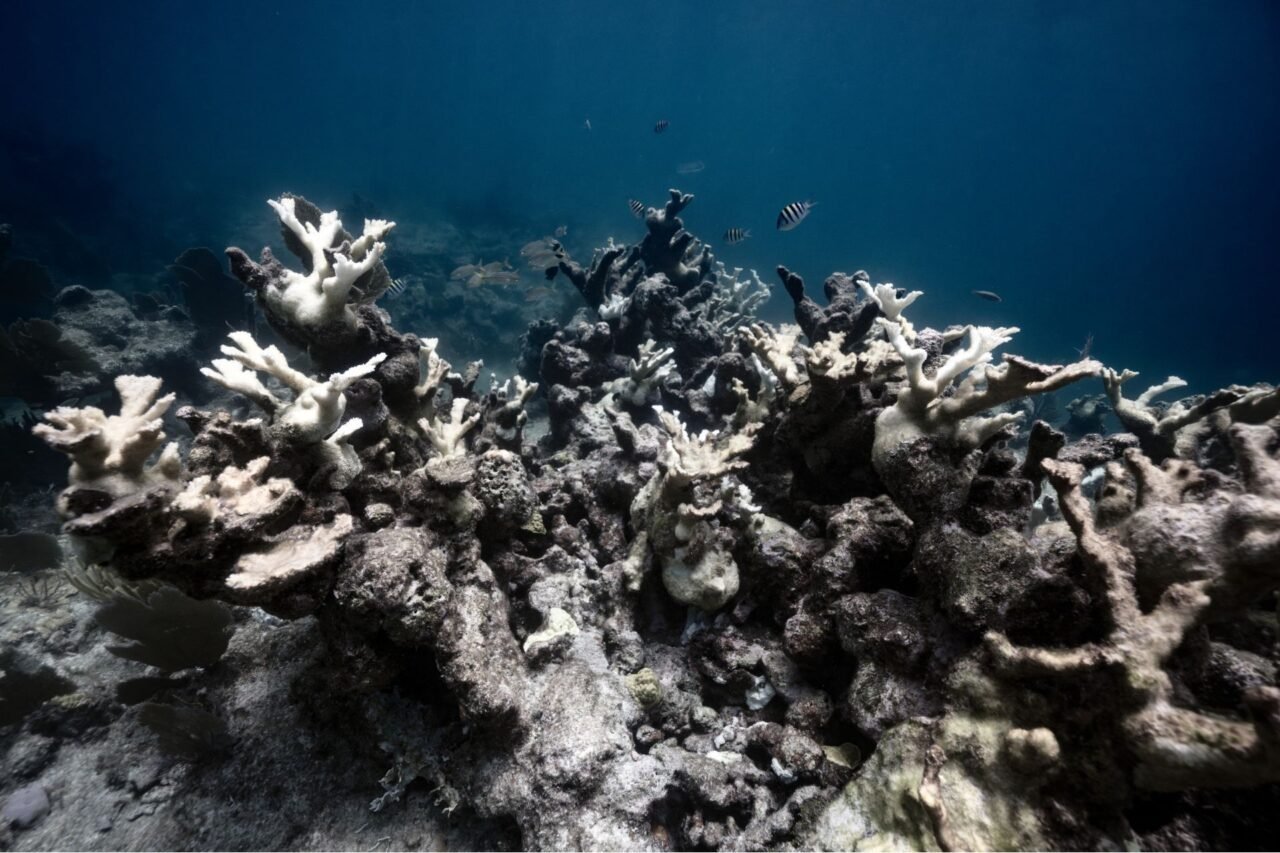UPDATE: A groundbreaking report has just confirmed that the world’s warm-water coral reefs have crossed a critical climate tipping point, marking a dire moment for one of Earth’s most vital ecosystems. The 2025 Global Tipping Points Report, released by the University of Exeter and international partners, reveals that these reefs are now the first to surpass their thermal limits.
This alarming finding comes as global ministers gather in Brazil for the upcoming 30th annual UN Climate Change Conference in November, where they will address pressing climate issues. The report aims to galvanize action from world leaders to combat rising temperatures and protect coral reefs.
Melanie McField, director of the Healthy Reefs for Healthy People initiative and one of the report’s 160 authors, stressed the urgency of this situation: “We need to have stubborn people at the table who say, ‘We want to keep coral reefs on the planet.’” The findings are particularly concerning as they highlight that 84.4% of the world’s coral reefs have already experienced bleaching-level heat stress since January 2023, affecting at least 83 countries.
As ocean temperatures continue to rise, corals are expelling the essential algae, known as zooxanthellae, that provide them with nutrients and vibrant colors, leading to mass coral bleaching events. This is the fourth global coral bleaching event recorded, and it is the largest on record, posing an unprecedented threat to marine biodiversity.
“This is why ocean warming is such a scary thing,” remarked Mark Hixon, a marine biology professor at the University of Hawaii. “We’ll be seeing more frequent and severe bleaching events.” Researchers estimate that the thermal tipping point for warm-water coral reefs occurs at an increase of 2.16°F (1.2°C) above pre-industrial levels. Unfortunately, the planet has already surpassed this threshold.
While crossing this threshold does not mean that all coral reefs will die immediately, McField warns that we are entering a dangerous zone: “We’re in the zone where death—the tipping of the whole ecosystem—is underway.” Each reef’s ability to survive varies, but the overarching trend is clear: all reefs are increasingly at risk in a warming world.
The report predicts that global surface temperatures could rise by 2.7°F (1.5°C) within the next decade, entering uncharted territory for coral ecosystems. Even under the most optimistic scenarios, the report states warm-water coral reefs are “virtually certain” to tip.
Efforts are underway globally to protect and restore coral reefs, including genetic modification to enhance coral resilience and strategies to reduce pollution and fishing pressures. However, these measures cannot fully offset the effects of climate change. McField highlighted that significant emission reductions and enhanced carbon removal are critical: “These temperatures are essential for retaining functional warm-water coral reefs at meaningful scale.”
The message is clear: immediate and decisive action is needed to safeguard our coral reefs and, by extension, the broader marine ecosystem. As the UN Climate Change Conference approaches, the urgency for effective solutions has never been greater.
Stay tuned for more updates as this critical situation develops. The future of our oceans depends on the actions taken now.



































































